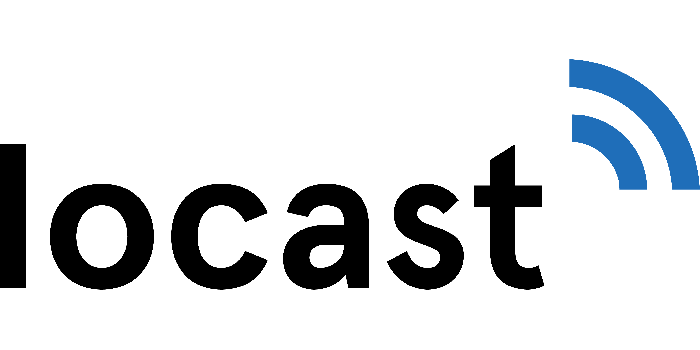Locast, the free streaming service that provides over-the-air antenna channels to over half the country, was dealt a defeat in court yesterday that could affect its ability to operate.
As far as I can tell
Here’s the story as I understand it. Locast was specifically designed as a non-profit enterprise, so that they could avoid paying retransmission fees to local TV channel operators. The TV channel owners weren’t having it, though. In July 2019, all the major broadcast networks joined together to sue Locast. They said that Locast wasn’t following copyright law because they were, in fact, a for-profit enterprise pretending to be a non-profit one.
Yesterday, a court agreed. Because Locast took in more money than it required for operations, and because some of that money was used for expanding the service into new markets, Locast couldn’t use the Copyright Act to shield themselves.
Needless to say, Locast disagreed. Their attorney, R. David Hosp, Partner Orrick, Herrington & Sutcliffe, had this to say:
We are disappointed in the ruling today and disagree with its conclusions and reasoning. Our client is in the process of evaluating the decision and formulating next steps. Locast provides a valuable service to its over 3 million users who are otherwise unable to access the over-the-air broadcasts to which they are entitled by virtue of their location or economic circumstances. Our client remains committed to its mission of delivering free, local broadcast TV service to all Americans, and particularly for those consumers who can’t afford pay-TV services like cable, satellite, or streaming, or who can’t get their local broadcast channels using an over-the-air antenna.
Because, of course he did. Because that’s what attorneys say.
What’s next for Locast?
As I write this article, Locast is still providing the same services as they did yesterday. You can still use the service to get over-the-air channels on your phone, the same as always. The real question is how long that will last.
It’s pretty likely in my opinion that the major networks, armed with this result, will want to ask Locast to pay retransmission fees — possibly all of the fees since the company started operations. It’s also pretty likely in my opinion that Locast will try to appeal this ruling. So most likely nothing will happen until a court weighs in.
At that point, a judge could rule that Locast could continue until its appeal was approved or denied. They could say Locast would have to stop providing services until they could prove their rights in court. Or that judge could just say, Locast has to pay those fees right now, which would essentially mean they’d have to fold.
My opinion?
Honestly I’m not an attorney. I represent a company that sells antennas. It seems to me that Locast provides a great service that makes people more aware of over-the-air TV. I don’t know if it’s legal, and I don’t know if it should be. I only know that I like it.
On the other hand, I do believe in copyright law. I create content myself and I wouldn’t want anyone to profit from what I’m doing, without my permission. And the networks are saying that Locast’s doing that. I guess that depends on what the definition of “profit” is. Locast could say that everything they’re doing is putting money back into the enterprise, that there is no “profit.” For all I know they could be right. They could say that growing to encompass the entire country is part of their regular operations. I don’t know if that argument would fly, and I don’t know if it should.
Even if Locast loses…
Let’s say Locast loses and shuts down. The major broadcast networks as well as big operators like Sinclair Broadcast Group should look at what they did. It’s obvious that people want this service. It’s also obvious that it benefits local broadcasters. When you watch local TV using Locast, you’re seeing the commercials that the broadcasters put in there. When you watch pay TV, the pay-TV provider often replaces the commercials. I do think that if Locast itself doesn’t survive this, that broadcasters should band together and do something like this themselves. It’s to their benefit, the cost to do it is pretty small, and it would give them leverage in bargaining with the pay-TV companies.
I guess I’ll keep following this one from the sidelines and trust that folks who are smarter than I am can figure out what’s best for everyone.





